

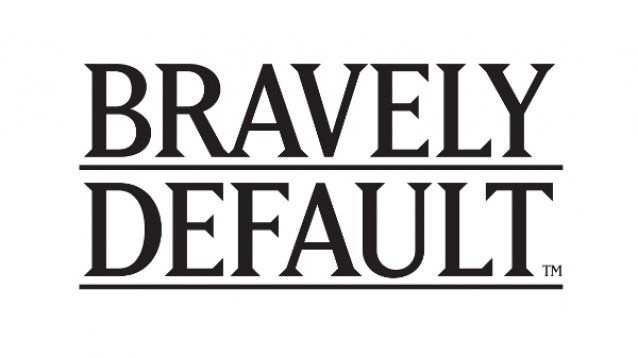
Chrono Break isn't happening. Final Fantasy is a bloated parody of its former self. Breath of Fire has jumped ship to mobile devices. And Suikoden might never get a follow-up. These Japanese role-playing series were the bee’s knees in the mid 90s and early 2000s, and while JRPGs aren't dead—recent titles like Fire Emblem: Awakening and Shin Megami Tensei IV give off a pulse—the genre certainly isn't the juggernaut of the gaming world it used to be.
Something is missing. Many modern JRPGs fall somewhere between linear showboats and niche Japan-only exclusives, with space left between the two extremes.
And that space is the perfect place for an old school fantasy romp. A little game called Bravely Default has made its way to North America, and it fits right in there. However, it's not a retread of the classic JRPGs that filled that gap before it. Rather, it's a reinvigoration of them.
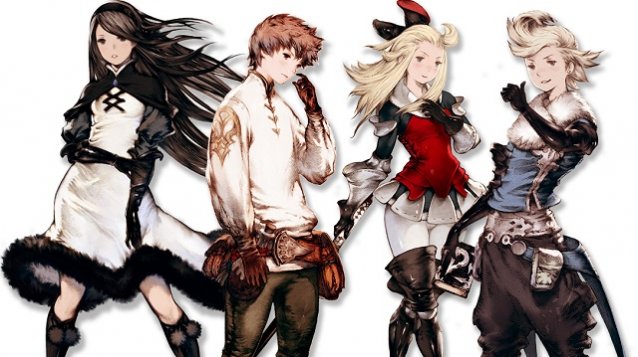
Bravely Default stars four heroes: Tiz, a bashful teen who witnesses his village's total destruction; Agnes, a devout protector of magical, nature-controlling crystals; Ringabel, a womanizer with amnesia; and Edea, a stubborn soldier who betrays her villainous empire. All four are soon wrapped up in a quest to protect four crystals from destruction. Of course, to do so they travel from town to town solving problems, making friends, and defeating evil doers.
All four protagonists stay entrenched in JRPG stereotypes throughout the adventure, which is unfortunate because Bravely Default could have used rounded, three-dimensional characters to reinforce the plot. Adequate voice acting—available in both Japanese and English—helps establish each hero; however, the characters always fall back into roles seen countless times before.
The story, which runs upwards of 50 – 60 hours, is the typical save-the-world-from-a-great-evil fare, and while it features some interesting twists, the plot never expands into something original. Worse still, the narrative drags on during the last quarter of the game. Well-written dialog helps move the tale along when it isn't bogging down the pace. The game often drags through three to four scenes of stage-setting text before an important battle begins. I rarely skip cutscenes the first time around, but Bravely Default tested my patience enough to do so half a dozen times.
The crux of Bravely Default is its aptly named Brave/Default battle mechanic. It seems straightforward at first. Both enemies and your four heroes can spend brave points (BP) to take one to four turns in each round, allowing a character to fire off any mixture of attacks, spells, and support abilities available to them. Doing so can put each character in negative BP, which means they'll have to wait several defenseless turns as their BP recharges. You and your enemies can also Default, which allows your heroes to build up BP for later use while effectively defending against attacks for the round.
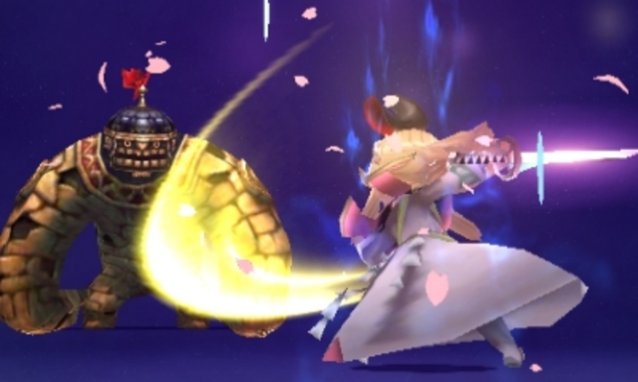
After a boss fight or two, it becomes clear that knowing when to Brave and when to Default is not only necessary, but the most important skill to master in the game. Misuse of the system means game over—even when facing random mobs—and while the game's normal difficulty presents a stiff challenge, defeat in Bravely Default rarely feels unfair.
A difficult fight might call for Agnes to spend all her BP to heal the party four times in a row or tempt a risky, all-out assault. Both strategies might fail, and a compromise between the two might work better the second time around. The result is an engaging challenge that makes each battle feel like a puzzle to solve—a puzzle that's rapidly changing and trying to wipe your party.
A gratifying job system reinforces Bravely Default's turn-based battles. Jobs unlock as the game progresses, and they can be switched between at any time outside of battle. Some jobs will be familiar to Final Fantasy fans, like the White and Black Mages, and some, such as the Salve-Maker, Merchant, and Vampire are oddities. Each of Bravely Default's four protagonists excels at every job. Tiz, in other words, makes just as good a Spell Fencer as Edea does. Each character also holds a primary job and a sub job, which they use skills from. Furthermore, characters can pull passive abilities outside of the two jobs they're currently classed in. A Ninja/Pirate can borrow skills from the Dark Knight job, for instance. This makes for a staggering amount of character customization.
I spent more time than I care to admit planning out and trying dozens of job combinations. Bravely Default put enough challenges in my way to reward the experimentation and introduced convenient measures to make leveling new jobs less of a pain. For starters, battles can be sped up at the flick of the D-Pad, and attack patterns can be saved to speed up consecutive fights. As grinding becomes expedient, mixing and matching 23 jobs wasn't a chore. And when I was sick of random battles, I could switch them off altogether and continue with the story uninterrupted. In fact, Bravely Default features a wealth of smart, streamlining features like this, including the options to change the difficulty at any time, turn on and off experience gain, and hide quest markers for an extra challenge.
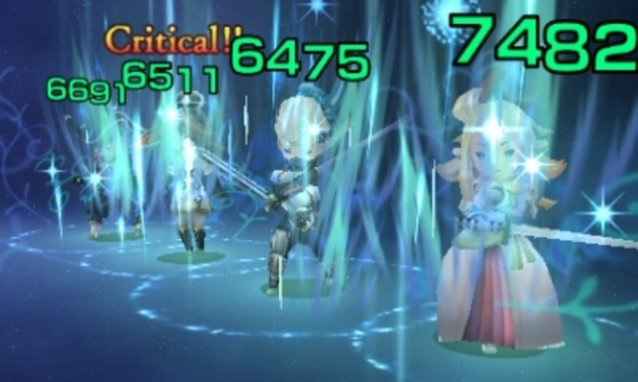
Together with the Brave/Default mechanic, wealth of character customization, and overall streamlined approach, Bravely Default manages to maintain that classic JRPG feel while modernizing outdated conventions.
As a result, Bravely Default hits the spot more often than it misses, and it only misses when it comes to the been-there-done-that narrative and character development. I haven't touched upon the superb soundtrack or the game's abundance of well-implemented social features as they are aspects which compliment Bravely Default rather than define it, and there's so much that defines Bravely Default. Namely, how it reinvigorates a stale genre with new ideas, filling a void otherwise left empty. It might not be a revered classic like Chrono Trigger or Final Fantasy VI a decade from now, but with a sequel already well into development, Bravely Default at least marks the beginning of a much needed and important JRPG series. If we're lucky, we'll also look back at it as an instrumental piece in the revival of the Japanese role-playing genre.
9 out of 10
A copy of the game was provided by the publisher for the purpose of this review.
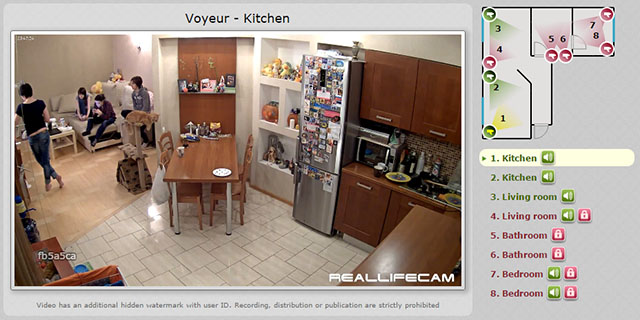

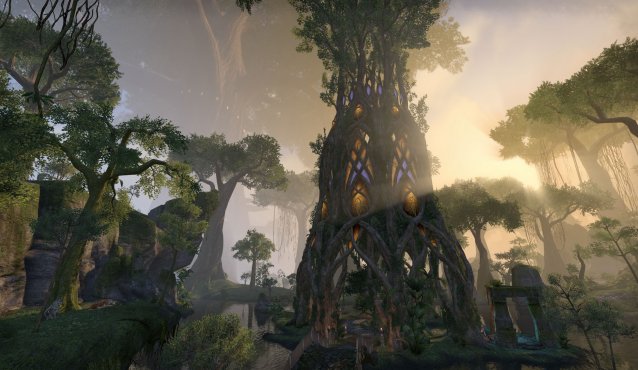
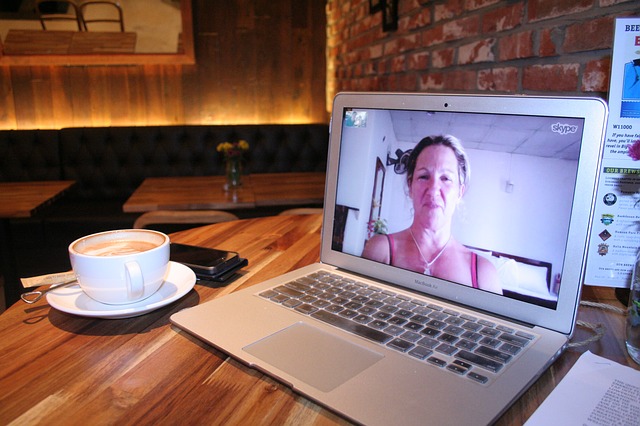
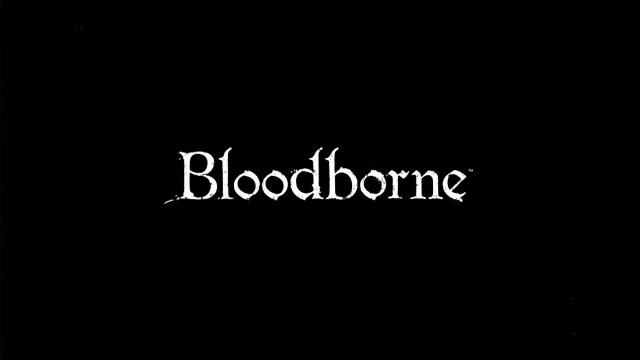 How to Progress in PS4 Bloodborne After Defeating the First Boss: Cleric Beast
How to Progress in PS4 Bloodborne After Defeating the First Boss: Cleric Beast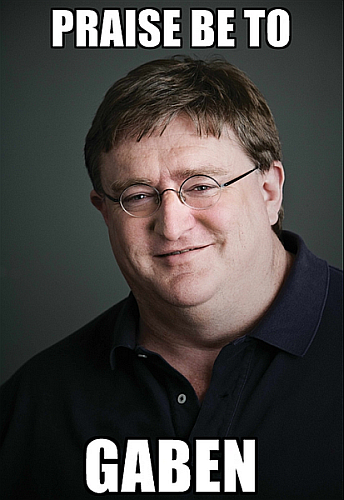 Steam Scams To Watch Out For and How to Stay Safe
Steam Scams To Watch Out For and How to Stay Safe How to import Dance Central songs into Dance Central 2
How to import Dance Central songs into Dance Central 2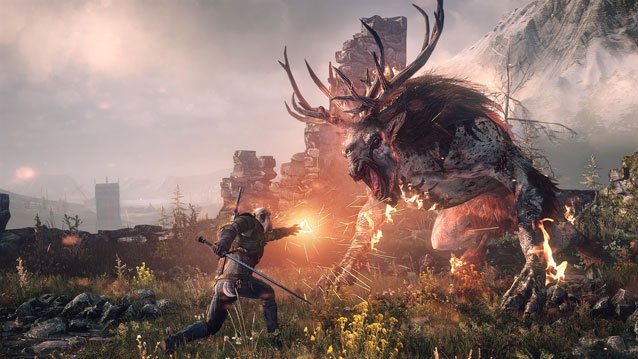 The Witcher 3: Wild Hunt Displays a Reactive Open World with Organic Combat
The Witcher 3: Wild Hunt Displays a Reactive Open World with Organic Combat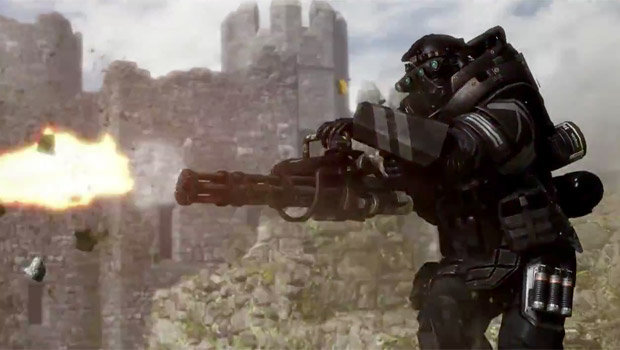 COD Ghosts Tip: Sentries can be destroyed by knifing
COD Ghosts Tip: Sentries can be destroyed by knifing